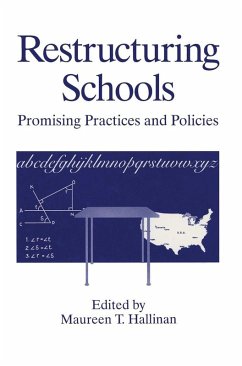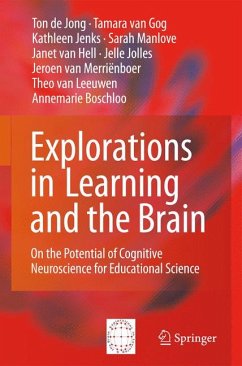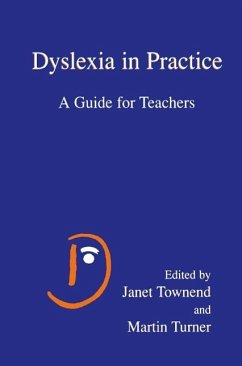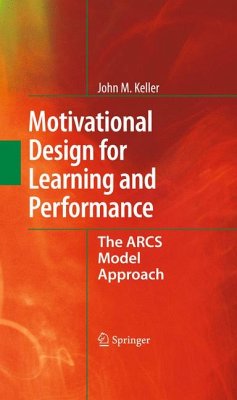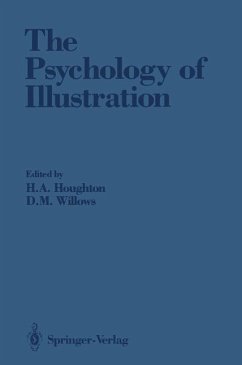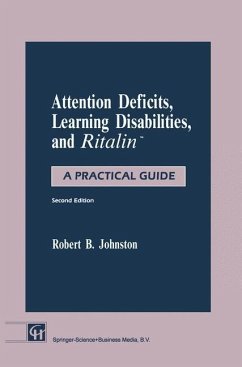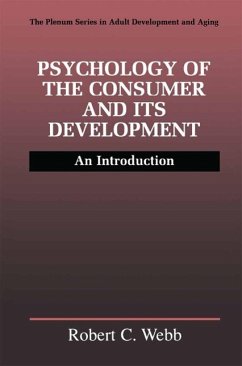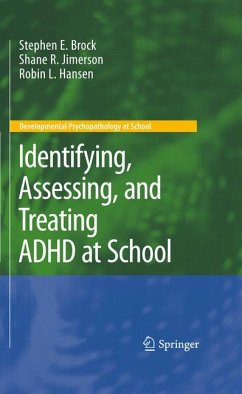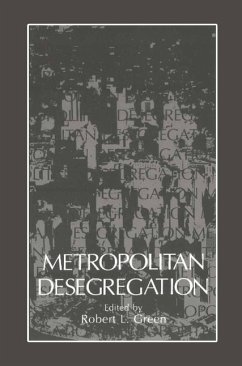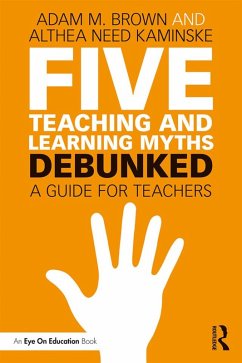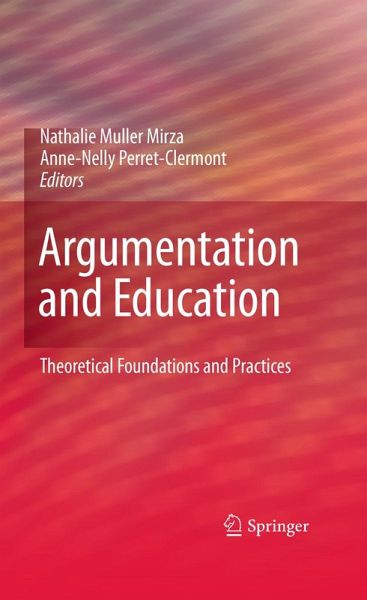
Argumentation and Education (eBook, PDF)
Theoretical Foundations and Practices
Redaktion: Muller Mirza, Nathalie; Perret-Clermont, Anne-Nelly
Versandkostenfrei!
Sofort per Download lieferbar
72,95 €
inkl. MwSt.
Weitere Ausgaben:

PAYBACK Punkte
36 °P sammeln!
During the last decade, argumentation has attracted growing attention as a means to elicit processes (linguistic, logical, dialogical, psychological, etc.) that can sustain or provoke reasoning and learning. Constituting an important dimension of daily life and of professional activities, argumentation plays a special role in democracies and is at the heart of philosophical reasoning and scientific inquiry. Argumentation, as such, requires specific intellectual and social skills. Hence, argumentation will have an increasing importance in education, both because it is a critical competence that...
During the last decade, argumentation has attracted growing attention as a means to elicit processes (linguistic, logical, dialogical, psychological, etc.) that can sustain or provoke reasoning and learning. Constituting an important dimension of daily life and of professional activities, argumentation plays a special role in democracies and is at the heart of philosophical reasoning and scientific inquiry. Argumentation, as such, requires specific intellectual and social skills. Hence, argumentation will have an increasing importance in education, both because it is a critical competence that has to be learned, and because argumentation can be used to foster learning in philosophy, history, sciences and in many other domains.
Argumentation and Education answers these and other questions by providing both theoretical backgrounds, in psychology, education and theory of argumentation, and concrete examples of experiments and results in school contexts in a range of domains. It reports on existing innovative practices in education settings at various levels.
Argumentation and Education answers these and other questions by providing both theoretical backgrounds, in psychology, education and theory of argumentation, and concrete examples of experiments and results in school contexts in a range of domains. It reports on existing innovative practices in education settings at various levels.
Dieser Download kann aus rechtlichen Gründen nur mit Rechnungsadresse in A, B, BG, CY, CZ, D, DK, EW, E, FIN, F, GR, HR, H, IRL, I, LT, L, LR, M, NL, PL, P, R, S, SLO, SK ausgeliefert werden.



